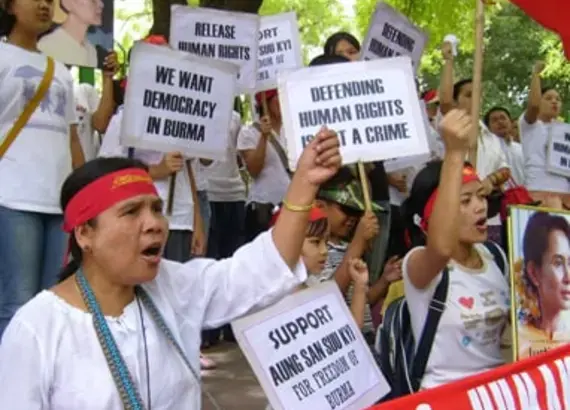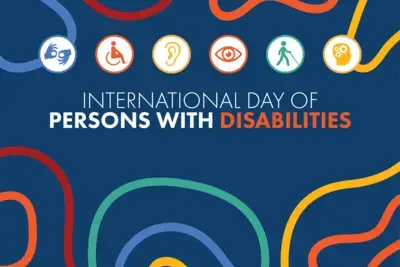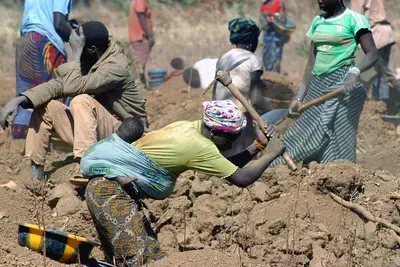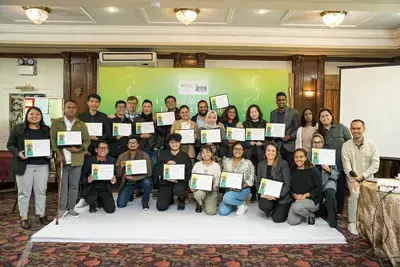
Success Story
NDI Analysis: Burma's Electoral Framework Is Fundamentally Undemocratic
The process surrounding national elections in Burma, expected later this year, “is clearly designed to guarantee a pre-determined outcome and, therefore, does not meet even the very minimum of international standards,” according to an analysis by NDI that was released Aug. 1.
NDI examined the country’s new election laws and constitution in the context of preparations for what will be the nation’s first national polls since 1990. In that earlier election, the people of Burma voted overwhelmingly for the National League for Democracy (NLD), led by Aung San Suu Kyi, but the military government refused to let the NLD take office and Suu Kyi has spent 14 of the last 18 years imprisoned or under house arrest.
“The upcoming elections,” NDI said, “appear to be designed to gain international acceptance for an illegitimate process.”
The study drew on contributions from numerous experts in the region and comparative election, constitutional and human rights law. Since 1995, NDI has worked with partners to advance the cause of democracy in Burma. The 2010 elections in theory could have provided an opportunity to advance democratic progress and national reconciliation, which in turn could have helped significantly improve the lives of people in Burma. Based on its analysis, NDI came to the conclusion shared by many experts that the election process will not be a step forward and risks being yet another setback.
The Institute cited four areas in particular in which the constitution and the new election laws fall short of basic international standards:
- Government based on the will of the people. “In Burma, the constitution establishes a structure designed to perpetuate military rule,” the report said.
- Basic human rights. The Institute noted the severe political repression in Burma: freedoms of expression and assembly have been sharply curtailed and the activities of political parties restricted. There is no independent judiciary and the media are prevented from reporting freely on the government and political process. Those who criticize the regime are often physically assaulted or imprisoned, which has led to the government holding at least 2,100 political prisoners.
- Freedom to stand for election. This is circumscribed in Burma, both by the election laws and the detention of regime opponents, the analysis said.
- Impartial election administration. “In Burma, the electoral administration was appointed unilaterally by the regime and has shown itself to heavily favor the military regime and its allies,” NDI said.
The key predicates that could allow for a credible and transparent process remain those consistently called for by Burma’s democracy activists and their supporters in the international community, according to the Institute. They are:
- Burma’s military regime should release political prisoners, including Aung San Suu Kyi and other NLD and opposition leaders and enter into a serious dialogue with them on a democratic transition process.
- All political prisoners, including Aung San Suu Kyi, and ethnic minority groups must be allowed to participate in elections.
- All civil and political rights necessary for elections should be introduced and observed, including the freedoms of expression, association and assembly.
- A process should be crafted that would allow for review and amendment of contested elements in the constitution. This process should address specifically the role of the military and the treatment of ethnic minorities.
- Election laws and procedures should be revisited to allow adequate time for parties, including those that are prevented from participating or have chosen not to participate because of restrictions in the law, to organize and participate, and to ensure that the elections are administered by an independent commission appointed in consultation with the opposition.
If each of these recommendations is adopted, allowing for a meaningful election, unimpeded election observation by domestic and international actors should be permitted to increase confidence in the process, NDI said. Without those fundamental changes, and in accordance with the Declaration of Principles for International Election Observation, the presence of observers would be seen as giving legitimacy to a clearly undemocratic process. The Institute has organized more than 150 international election observation delegations over the last 25 years.
Pictured Above: Members of the Women’s League of Burma participate in a protest.
Published on August 2, 2010



